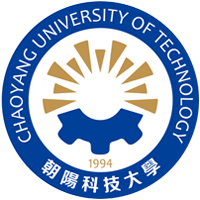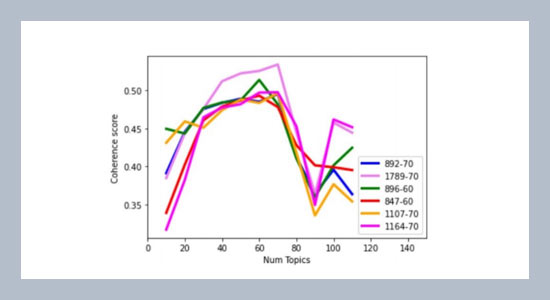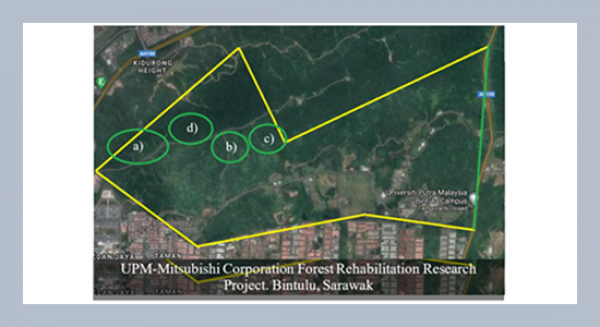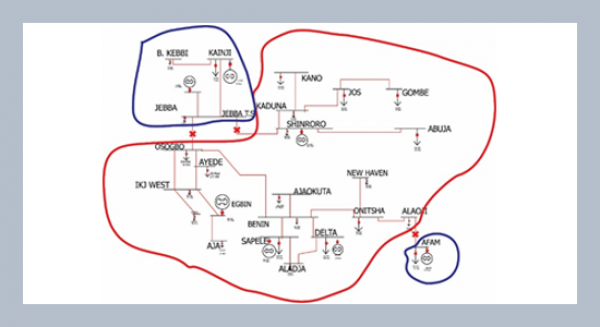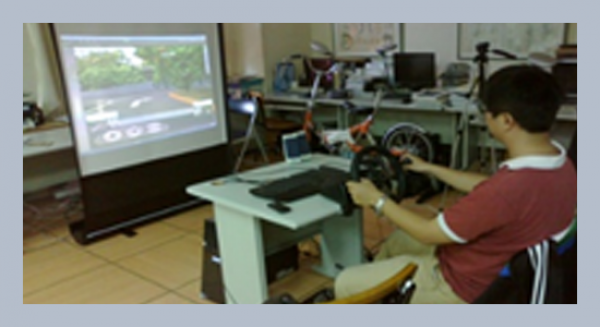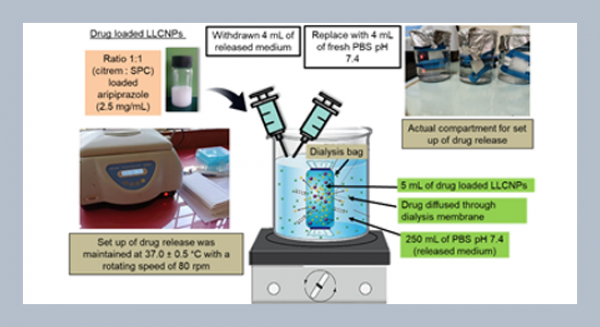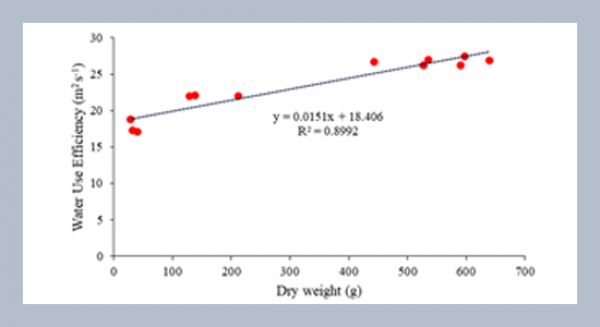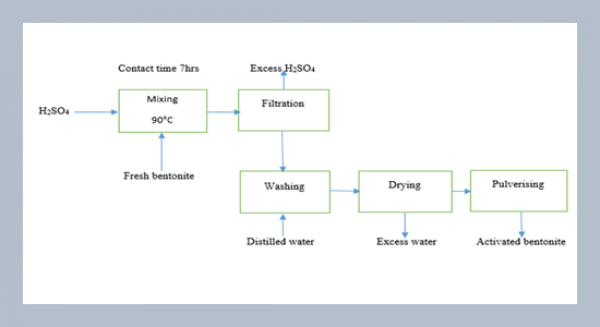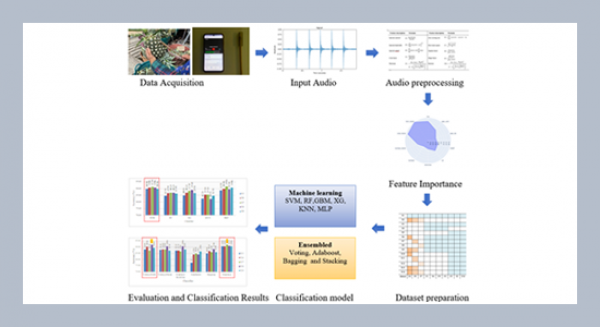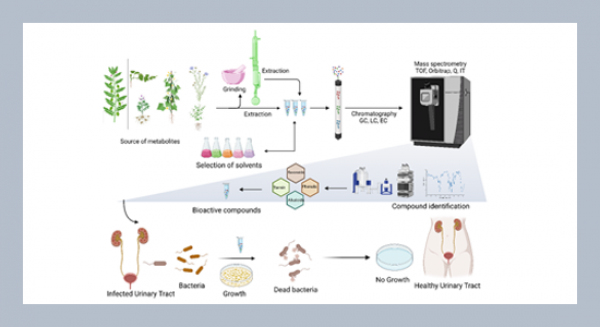REFERENCES
- Allahyari, M., Pouriyeh, S., Kochut, K., Arabnia, H.R. 2017. A knowledge-based topic modeling approach for automatic topic labeling. International Journal of Advanced Computer Science and Applications(ijacsa), 8. http://dx.doi.org/10.14569/IJACSA.2017.080947
- Bagheri, A., Saraee, M., De Jong, F. 2014. ADM-LDA: An aspect detection model based on topic modelling using the structure of review sentences. Journal of Information Science, 40, 621–636.
- Bagheri, A., Saraee, M., Jong, F.D. 2013. Care more about customers: Unsupervised domain-independent aspect detection for sentiment analysis of customer reviews. Knowledge-Based Systems 52 201213, https://doi.org/10.1016/ j.knosys.2013.08.011
- Blei, D.M., Ng, A.Y., Jordan, M.I. 2003. Latent dirichlet allocation, J Mach Learn Res 3 (Jan.). 993–1022.
- Brody, S., Elhadad, N. 2010. An unsupervised aspect-sentiment model for online reviews. Human Language Technologies: in Proceedings of the 11th Annual Conference of the North American Chapter of the Association for Computational Linguistics (NAACL-HLT-10), Los Angeles, USA, 804-812.
- Chen, Z., Mukherjee, A., Liu, B., Hsu, M., Castellanos, M., Ghosh, R. 2013. Leveraging multi-domain prior knowledge in topic models. Proceedings of the Twenty-Third international joint conference on Artificial Intelligence (IJCAI-13), Beijing, China, AAAI Press, 2071–2077.
- Chen, Z., Mukherjee, A., Liu, B., Hsu, M., Castellanos, M., Ghosh, R. 2013. Discovering coherent topics using general knowledge. Proceedings of the 22nd ACM international conference on Conference on information & knowledge management (CIKM-13), San Francisco, USA, 209–218.
- Chen, Z., Mukherjee, A., Liu, B., Hsu, M., Castellanos, M., Ghosh, R. 2013. Exploiting domain knowledge in aspect extraction. Proceedings of the 2013 Conference on Empirical Methods in Natural Language Processing (EMNLP-13), Seattle, USA, 1655–1667.
- Das, S.J., Chakraborty, B. 2019. An approach for automatic aspect extraction by latent dirichlet allocation. IEEE 10th International Conference on Awareness Science and Technology (iCAST), Morioka, Japan, 1-6. https://doi.org/10.1109/ICAwST.2019.8923417
- Das, S.J., Chakraborty, B. 2020. Design of a category independent, aspect based automated opinion analysis technique for online product reviews. International Journal of Applied Science and Engineering, 17, 175–189. https://doi.org/10.6703/IJASE.202005_17(2).175
- Debortoli, S., Müller, O., Junglas, I., vom Brocke, J. 2016. Text mining for information systems researchers: An annotated topic modeling tutorial. Communications of the Association for Information Systems, 39. https://doi.org/10.17705/1CAIS.03907.110–135.
- Ekinci, E., Omurca, S.I. 2017. Extracting implicit aspects based on latent dirichlet allocation. Doctoral Consortium - DCAART, (ICAART 2017) ISBN, 17–23.
- Fang, L., Huang, M. 2012. Fine granular aspect analysis using latent structural models. Proceedings of the 50th Annual Meeting of the Association for Computational Linguistics, Jeju, South Korea: Short Papers- 2, 333–337.
- Hajmohammadi, M.S., Ibrahim, R., Othman, Z.A. 2012. Opinion mining and sentiment analysis: A survey. International Journal of Computers & Technology, 2. ISSN:2277-3061(online)
- He, R., Jullian, McAuley, 2016. Ups and downs: Modeling the visual evolution of fashion trends with one-class collaborative filtering. World Wide Web conference.http://dx.doi.org/10.1145/2872427.2883037. 507–517.
- Hu, M., Liu, B. 2004. Mining and summarizing customer reviews. Proceedings of the tenth ACM SIGKDD international conference on Knowledge discovery and data mining, Seattle, WA, USA. https://doi.org/10.1145/1014052.1014073. 168–177
- Jakob, N., Gurevych, I. 2010. Extracting opinion targets in a single- and cross-domain setting with conditional random fields. 2010 Conference on Empirical Methods in Natural Language Processing, Cambridge, Massachusetts.
- Jin, W., Ho, H.H., Srihari, R.K., 2009. OpinionMiner: a novel machine learning system for web opinion mining and extraction. 15th ACM SIGKDD international conference on Knowledge discovery and data mining, Paris, France.
- Jo, Y., Oh, A.H. 2011. Aspect and sentiment unification model for online review analysis. Proceedings of the Fourth ACM International Conference on Web Search and Data Mining (WSDM-11), Hong Kong, 815–824.
- Kessler, J.S., Nicolov, N. 2009. Targeting sentiment expressions through supervised ranking of linguistic configurations. Third International AAAI Conference on Weblogs and Social Media, San Jose, California, USA, 90–97.
- Kumar, K. 2018. Evaluation of topic modeling: Topic coherence. https://datascienceplus.com/evaluation-of-topic-modeling-topic-coherence
- Moghaddam, S., Ester, M., 2011. ILDA interdependent LDA model for learning latent aspects and their ratings from online product reviews. SIGIR’11, July 24–28, Beijing, China. Copyright 2011 ACM 978-1-4503-0757-4/11/07. https://doi.org/10.1145/2009916.2010006.665–674.
- Popescu, A.M., Etzioni, O. 2005. Extracting product features and opinions from reviews. Proceedings of the conference on Human Language Technology and Empirical Methods in Natural Language Processing, Vancouver, British Columbia, Canada. https://doi.org/ 10.3115/1220575.1220618. 339–346.
- Rao, A., Shah, K. 2018. A domain independent technique to generate feature opinion pairs for opinion mining. WSEAS transactions on information science and applications, ISSN / E-ISSN: 1790-0832 / 2224-3402, 15, 61–69.
- Rayana, S., Akoglu. L. Stony Brook University. http://odds.cs.stonybrook.edu/yelpzip-dataset/.
- Singh, V. 2017. Guided LDA: Guided topic modeling with latent Dirichlet allocation. https://guidedlda.readthedocs.io/en/latest/
- Srivastava, A., Sutton, C. 2017. Autoencoding variational inference for topic models, Proc. Int. Conf. Learn. Representations. arXiv:1703.01488
- Teh, Y., Jordan, M., Beal, M., Blei, D. 2006. Hierarchical dirichlet processes. Journal of the American Statistical Association. 101. https://doi.org/10.2307/27639773. 1566–1581.
- Wang, T., Cai, Y., Leung, H.-f., Lau, R.Y., Li, Q., Min, H. 2014. Product aspect extraction supervised with online domain knowledge. Knowledge-Based Systems, 71, 86–100.
- Wawer, A. 2015. Towards domain independent opinion target extraction. IEEE 15th International Conference on Data Mining Workshops(ICDMW), https://doi.org/10.1109/ICDMW.2015.255, 1326 –1331.
- Xu, X., Tan, S., Liu, Y., Cheng, X., Lin, Z. 2012. Towards jointly extracting aspects and aspect-specific sentiment knowledge. Proceedings of the 21st ACM International Conference on Information and Knowledge management (CIKM-12). Maui Hawaii, USA, 1895–1899.
- Xueke, X., Xueqi, C., Songbo, T., Yue, L., Huawei, S. 2013. Aspect level opinion mining of online customer reviews. China Communications, 10, 25–41.
- Yi, J., Nasukawa, T., Bunescu, R., Niblack, W. 2003. Sentiment analyzer: Extracting sentiments about a given topic using natural language processing techniques. Proceedings of the Third IEEE International Conference on Data Mining. https://doi.org/10.1109/ICDM.2003.1250949. 427–434.
- Zhao, W.X., Jiang, J., Yan, H., Li, X. 2010. Jointly modeling aspects and opinions with a Maxent-LDA hybrid. Proceedings of the 2010 Conference on Empirical Methods in Natural Language Processing (EMNLP-10), Massachusetts, USA, 56–65.
